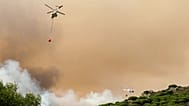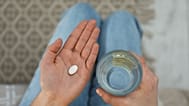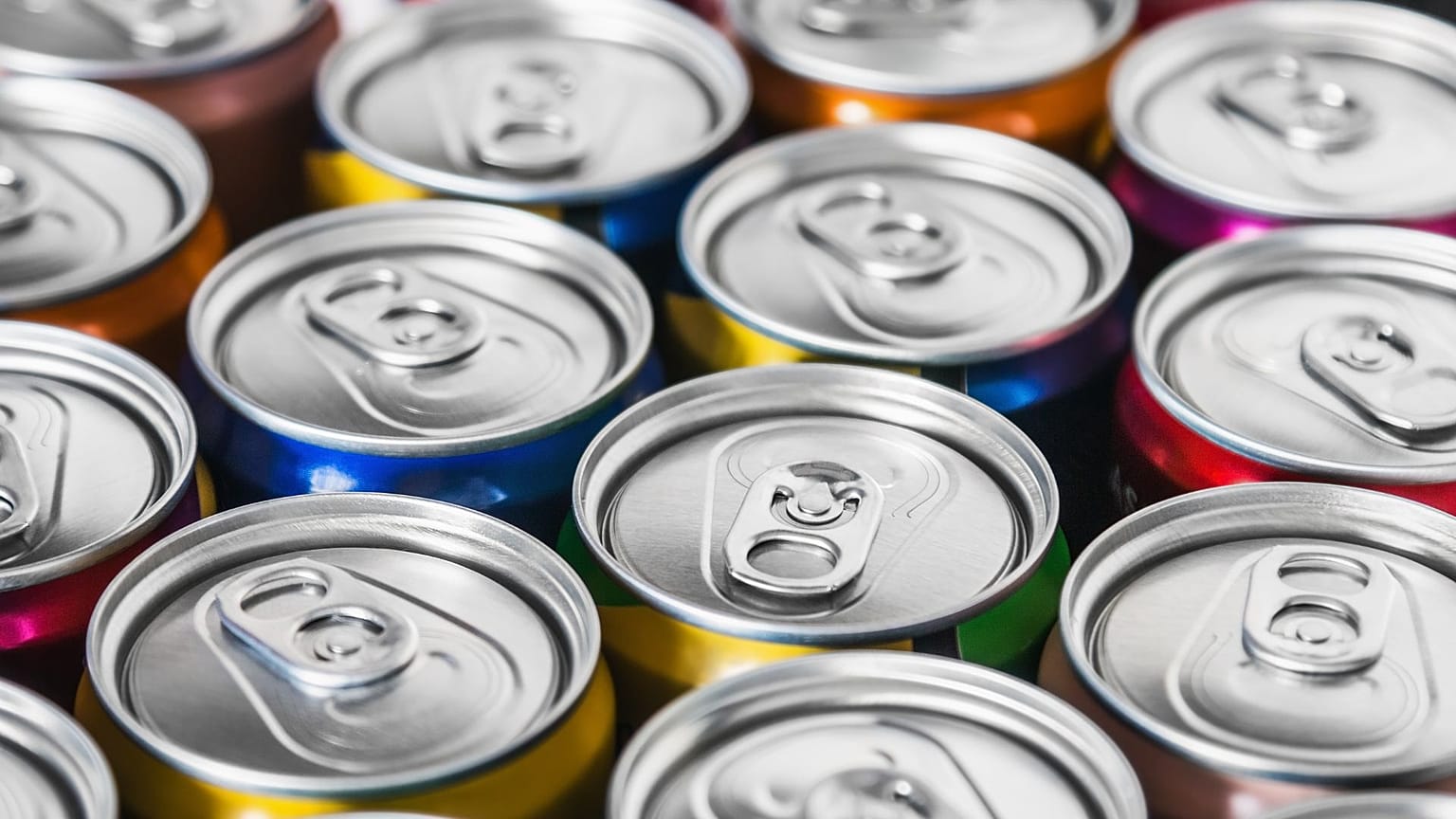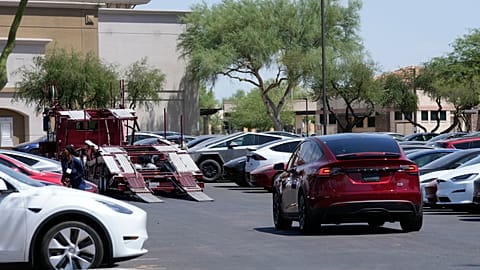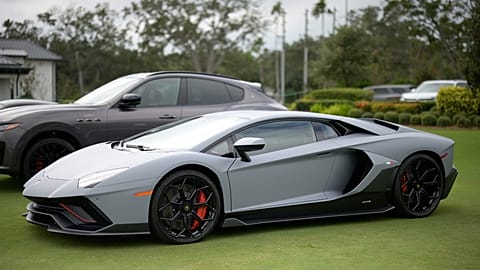Young people should be banned from buying drinks with high levels of caffeine, say health and consumer groups in Denmark.
A number of health-related advocacy groups are calling for tighter regulations around energy drinks in Denmark.
 ADVERTISEMENT
ADVERTISEMENT
 ADVERTISEMENT
ADVERTISEMENT
The Centre for Childhood Health is one such organisation, which is calling for a ban on the sale of energy drinks to minors under 18.
"More and more countries are protecting children from energy drinks – we should too," said CEO Morten Grønbæk.
"Children are under massive pressure from advertisements and influencers to drink these harmful sodas," he told Euronews Business.
"Unfortunately, warnings and good intentions from the beverage industry have not been enough."
Medical side-effects of energy drinks
Similar calls are being echoed by the Danish Consumer Council (Forbrugerrådet Tænk) and the Danish Food Authority (Fødevarestyrelsen).
The Consumer Council notably wants to stop caffeinated drinks being sold to children under 16.
"The Danish Food Authorities have determined that energy drinks are not suitable for children as caffeine can affect their brains and bodies," said Karin Breck, Director of Policy at the Danish Consumer Council.
Medical literature has linked the use of energy drinks among children to higher levels of anxiety, stress and suicidal thoughts.
This is partly due to the disruptive effect of caffeine and sugar on sleep, as well as the fact that these ingredients stimulate the nervous system.
Breck continued: "Despite efforts to inform the public and implement warning labels on the products, these measures have not achieved the desired impact."
If Denmark decides to implement more concrete restrictions, it would follow a precedent set by other countries including Latvia, Lithuania, and Poland - that have all introduced age limits.
The UK may also follow suit, with the Labour party announcing pre-election that it would ban the sale of caffeinated energy drinks to under-16s.
This measure has already been introduced by UK supermarkets on a voluntary basis.
How much caffeine are we drinking?
According to the European Food Safety Authority, children and teenagers are safe to drink up to 3 mg of caffeine per kg of body weight per day.
One 250ml can of Red Bull contains 80 mg of caffeine. Monster energy drinks, meanwhile, contain 79.2mg of caffeine in a 240g serving - according to the US Department of Agriculture.
Currently in Denmark, the Food Authority says that caffeine can be added to energy drinks, but only up to 32 mg per 100ml.
For drinks with a caffeine content of more than 15 mg per 100 ml, the product must be labelled with the following warning: "High caffeine content. Should not be consumed by children or pregnant or breastfeeding women".
However, these labelling rules don't apply to beverages made from coffee or tea - as well as coffee extract or tea extract - if the food name contains the word "coffee" or "tea".
Some have critically deemed age limits on energy drinks as "nanny state" policies, which interfere with personal freedoms.
Others have highlighted that children should be shielded from addictive and potentially harmful ingredients until they are old enough to consume these products in full conscience.



